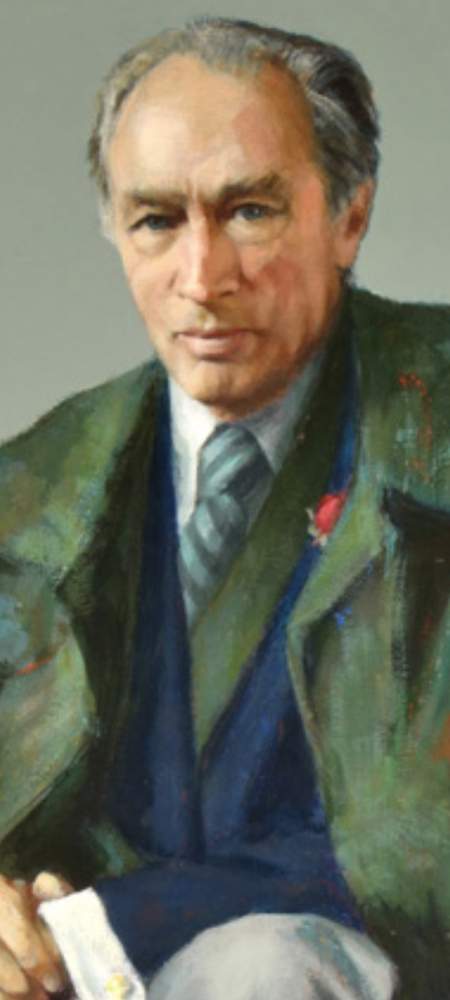Chapter
No
Pierre Elliott Trudeau
It’s rare to meet a Canadian who doesn’t have strong opinions on Pierre Trudeau. Easily the most influential prime minister of modern times, Trudeau’s activist administration sought to dramatically alter almost every policy and institution of the Canadian government — which was just as controversial as you might expect.
Born to a wealthy Montreal family, young Trudeau traveled extensively, visiting exotic countries and attending many of the world’s top universities, but controversially never fought in the Second World War (1939-1945). A gifted writer and thinker, upon returning to Canada he became a high-profile intellectual and scholar, known for spouting contrarian views on Canadian politics and economics with great wit and charm. He was particularly preoccupied with the topic of French Canadian nationalism, which he spent his entire life opposing.
Recruited as a Liberal “star candidate” for Parliament in the 1965 general election, Trudeau served as attorney general in the cabinet of Prime Minister Lester Pearson (1897-1972), where he relaxed Canada’s laws governing divorce, abortion, and homosexuality. Celebrated in his party as a fresh new kind of leader, when Pearson resigned two years later Trudeau won the race to replace him.
The 15 years Trudeau ran Canada are generally seen as heralding a significant left-wing shift in what had previously been a rather stiff and conservative country. Distrustful of the free market, Trudeau’s administration significantly increased government spending and regulation to help steer the national economy. Eager to weaken the appeal of French-Canadian nationalism, he made French an official Canadian language, along with English, and took a hard line against Quebec’s first openly separatist government, which was elected in 1976. In 1970 he imposed a form of martial law through the War Measures Act in order to end a hostage crisis with French-Canadian terrorists, in what remains one of the most controversial decisions of his entire tenure. In foreign affairs, he advocated Canada take a more neutral position in the Cold War, and often forged close friendships with eccentric leaders of third world nations.
Trudeau’s most significant achievement came in his fourth and final term, when he persuaded the British parliament to surrender control of Canada’s constitution — securing the country’s final independence from the United Kingdom — and creating Canadian Charter of Rights and Freedoms, which permanently enshrined into law the civil rights of all Canadians. He retired from politics shortly after, but continued to speak out on political matters until his death in 2000. In 2015, his eldest son Justin Trudeau (b. 1971) was elected prime minister, in a testament to his enduring legacy.
Trudeau was an often deeply divisive figure in Canadian life and his hold on office was not always firm. His tenure overlapped with serious bouts of economic difficultly for Canada, resulting in several close elections and even a short-lived loss of power to Joe Clark (b. 1939) from 1979 to 1980, though this eight-month exile proved fairly inconsequential.
